
Parvovirus is one of the most deadly diseases to affect dogs and is closely similar to feline distemper. Discovered in the 1970's, this virus is extremely prevalent in the winter months of the year. While this virus has a high risk for dogs, it is very easy to get your dog vaccinated against it, saving their life in the process.
Millions of dogs each year succumb to this deadly virus, but it's up to you as a dog owner to make sure this never happens to your beloved pet. Being able to stop your pet from getting this is the key to overall survival.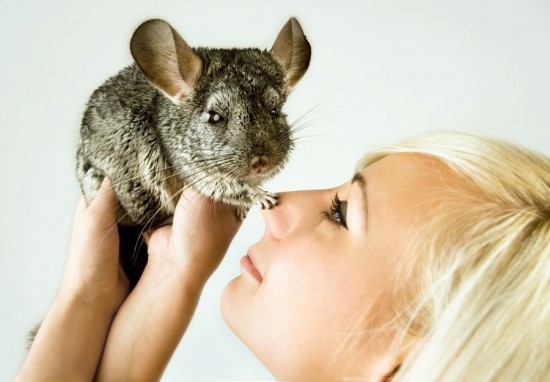 The Link Between Heatstroke And Seizures In Chinchillas
The Link Between
The Link Between Heatstroke And Seizures In Chinchillas
The Link Between
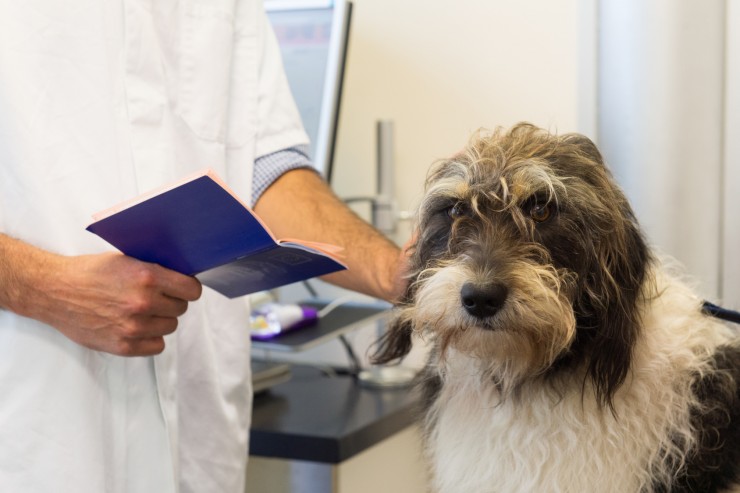 What Is A Dog Health Certificate For?
What Is A Dog Hea
What Is A Dog Health Certificate For?
What Is A Dog Hea
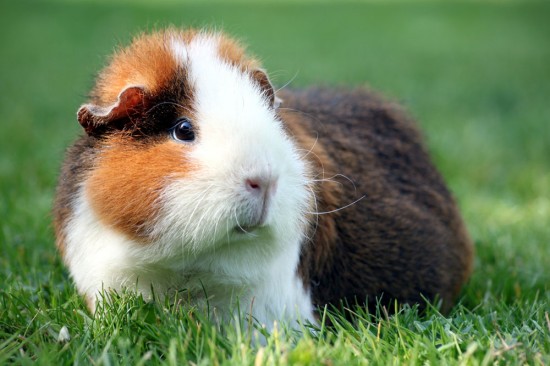 How To Deal With Common Problems In Guinea Pigs
How To Deal With
How To Deal With Common Problems In Guinea Pigs
How To Deal With
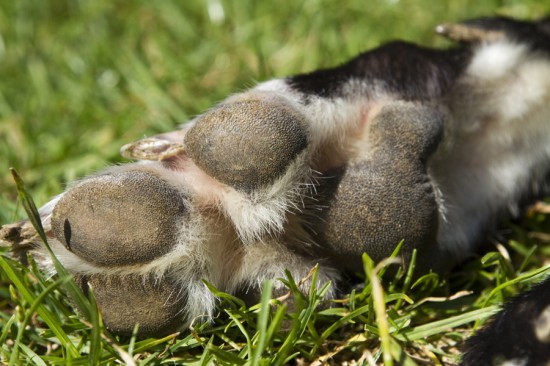 Foot Corns In Greyhounds, Lurchers And Whippets
Foot Corns In Gre
Foot Corns In Greyhounds, Lurchers And Whippets
Foot Corns In Gre
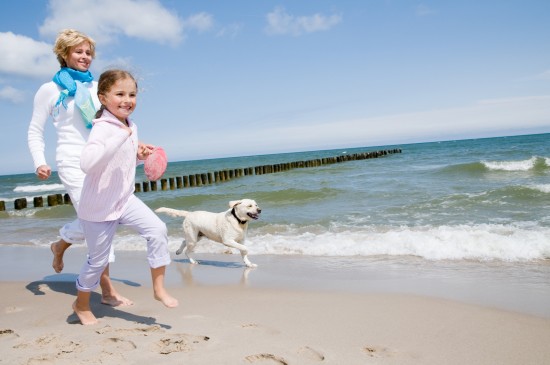 The Therapeutic Benefits Of Owning A Dog
The Therapeutic B
The Therapeutic Benefits Of Owning A Dog
The Therapeutic B
Copyright © 2005-2016 Pet Information All Rights Reserved
Contact us: www162date@outlook.com